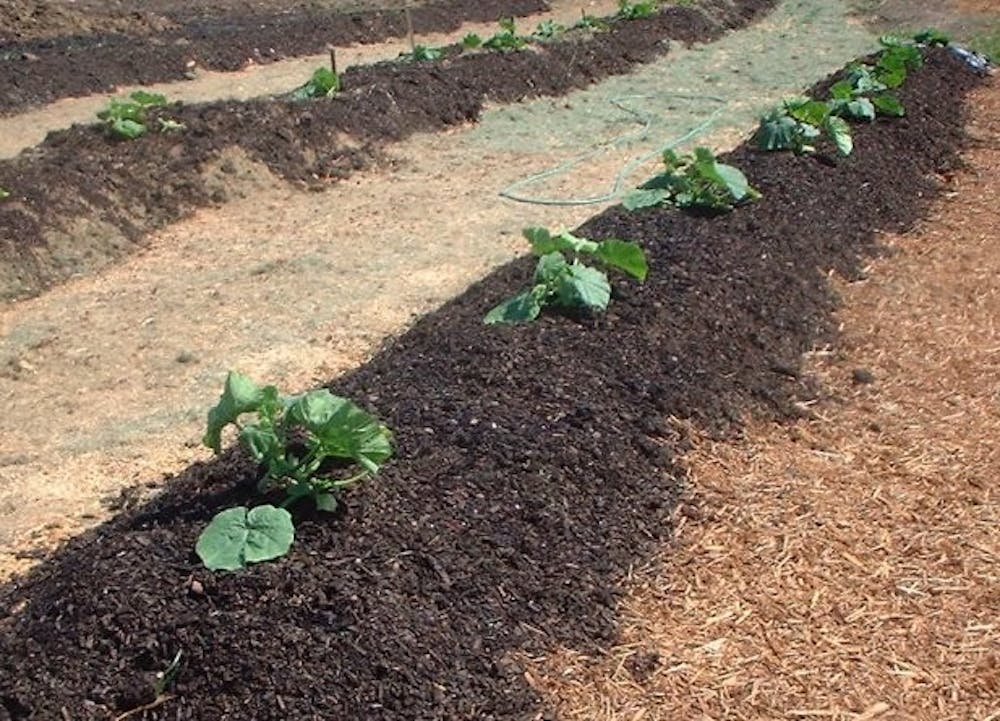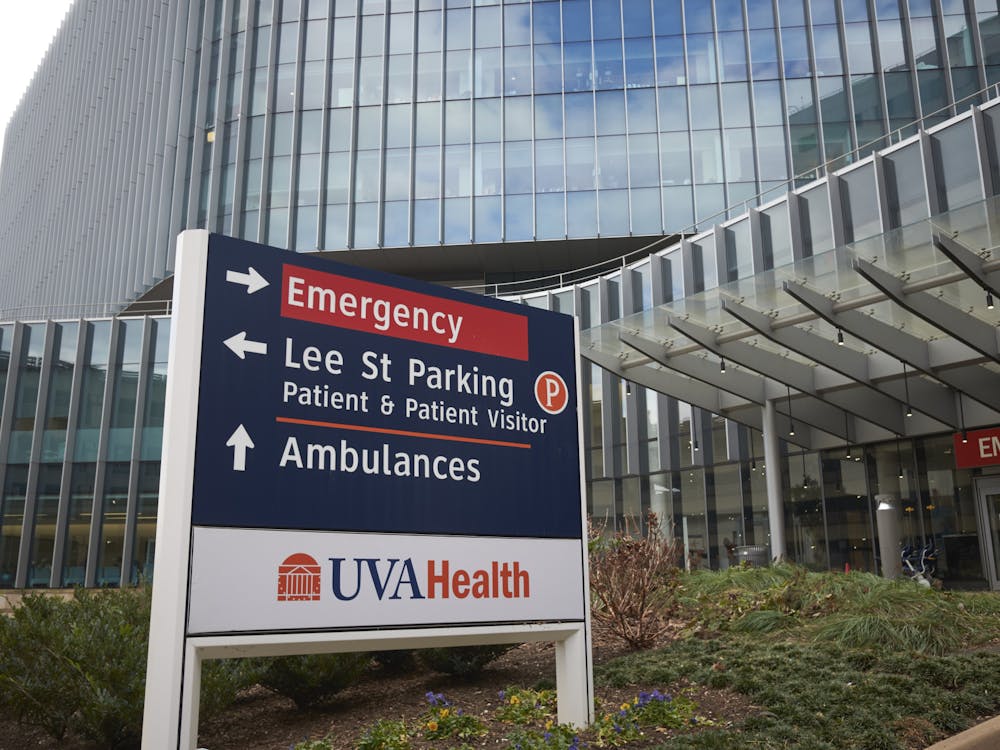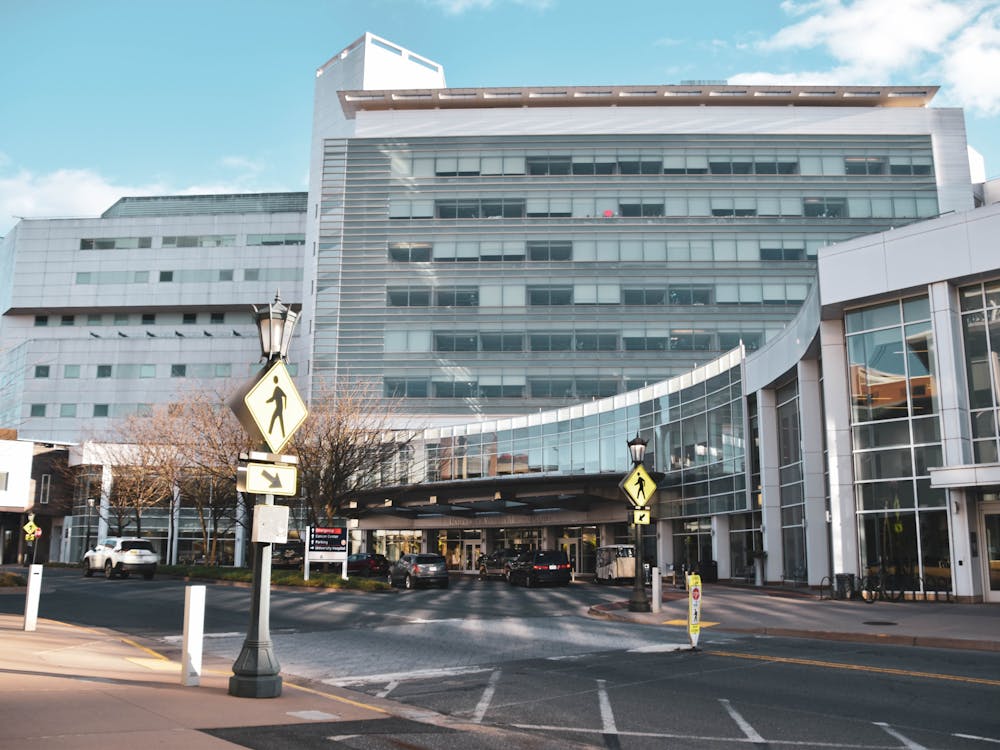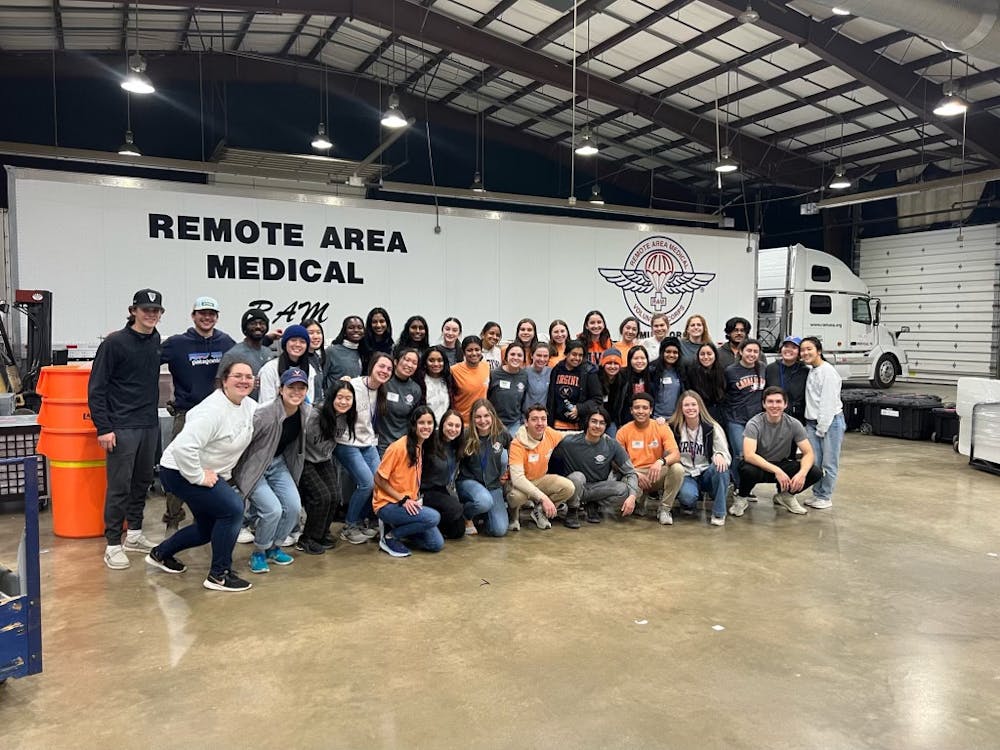Synagro Central LLC, a company that works to transform domestic sewage and wastewater into crop fertilizer, recently applied to the Virginia Department of Environmental Quality for an expanded permit that allows for treatment 2,447 acres of land on Nutmeg and Greenmont Farms in Scottsville. Synagro specifically utilizes biosolids in areas with low-quality and nutrient-poor soils.
Biosolids are the organic byproducts of treated wastewater and sewage. University Environmental Science Prof. Aaron Mills said this organic material bears little resemblance to the solid waste that initially arrives at treatment facilities. It mostly consists of solid residues that have been dried following the purification process.
“It’s all organic,” Mills said. “The bulk of it is the bacteria involved in the decomposition of input materials, as well as undigested vegetable residues and plant materials. That means most of the input organisms and material are removed.”
Mills also mentioned the potential for biosolids to act as reservoirs of nutrients that foster plant growth and cited the product of Milorganite — a fertilizer made of biosolids regularly sold in Milwaukee — as a success story.
“The organic matter contains nutrients like nitrogen and phosphates,” Mills said. “Milorganite has a long record of using this stuff in a way that is not harmful to pretty much anyone.”
Biosolids have also begun to play a role as an organic fertilizer in Virginia. From 2008 to 2013, the Virginia Department of Environmental Quality oversaw the administration of an average of 220,000 dry tons of biosolids on 65,000 acres of land per year. As a result, the DEQ instituted a request process to regulate biosolid administration.
Specifically, all wastewater treatment facilities and contractors must apply to receive a permit for biosolid application, and the DEQ must then review the source of biosolids and the potential site of use. A public meeting addressing the proposal and draft of the permit in the local paper follow, with the DEQ allotting a 30-day comment period, during which locals can request a public hearing. The DEQ will then make a final decision as to whether or not to grant the permit.
Synagro was one of the companies that applied for and was approved for the introduction of biosolids in the past. Since 2015, Synagro and Recyc Systems Inc., a company focused on agricultural uses of biosolids, received permits from the DEQ to treat approximately 4,000 acres of farmland with more than 6,000 tons of dry biosolids in states including Arizona and Maryland. The most recent proposal from Synagro includes treating farmland with the treated and dried sewage sludge from water treatment, food waste and industrial facilities in an effort to enhance crop growth.
“We do the last step in wastewater treatment,” said Layne Baroldi, vice president of Technical Services and Government Affairs at Synagro. “When things are put down the drain, they go through municipal governments’ systems where they treat wastewater and solids, as well as manage residuals .… We do the last step of reclaiming biosolids for beneficial use or disposal.”
Founded in 1986 and based in Baltimore, Synagro works with municipalities, waste and wastewater treatment facilities and other industry partners to develop effective residual management processes, from efficient facility designs to disposing of organic waste material in environmentally friendly ways of incorporating it into biosolid solutions.
“We’ve been in the business decades and have a lot of people who are subject matter experts within biosolids business, as well as a thorough technical services and compliance group that manages biosolids of customer,” Baroldi said.
Nevertheless, some local residents, including Ann Mallek, chair of the Board of Supervisors of Albemarle County, oppose the spreading of biosolids in most contexts. Mallek expressed concern regarding the uncertainty about the contents of biosolids, especially after having witnessed incidents in which the application process was poorly managed.
“Biosolids are basically presented to communities as something that is great, as free fertilizer for farmers that can help the soil, but you cannot put me in yes column because we don’t even know what we don’t know about those materials,” Mallek said.
Mallek also said that as a farmer herself, she would not put biosolids on her own farm and that the people who buy beef from her do so because they know she does not use biosolids that may contain traces of heavy metals, pharmaceuticals and other contaminants on her land. While she did concede that biosolids could be beneficial in flat places far from water and with poor soil, Mallek also cited the need for citizens to have a greater role in the decision to apply biosolids in the first place.
“The locality only has a limited amount of control,” Mallek said. “We can affect some changes when absolutely necessary. Maybe that’s the best we can do for today, since big business is pretty much in the driver’s seat, but we are trying to do our best to represent the little guy who doesn’t have a chance unless we all band together through our local governments to do something.”
In response to others with similar views to Mallek, Baroldi emphasized the idea that the biosolids Synagro uses are highly treated material and that a large body of evidence in the scientific community points to improved soil health, reduction of irrigation needs in arid climates and carbon sequestration benefits that could help counteract climate change.
“We need to work closer with municipalities that we serve and regulatory authorities to help with outreach to the public and providing the science that supports biosolid use,” Baroldi said. “Biosolids really can act as a biogenic fertilizer that is extremely environmentally sensitive and, when managed in compliance with rules and regulations, actually protect human health and the environment.”
When asked for his opinion, Mills concluded that if government officials and contractors went about spreading biosolids in a careful manner, then there most likely would be few issues that would persist. If not, issues like respiratory problems due to windborne particulate matter, or harmful solid and liquid particles in the air, could arise.
“I think it’s one of those things that if you pay attention to the recommendations and follow the rules … it’s pretty harmless and you shouldn’t have a problem,” Mills said.
A public informational meeting was held on Nov. 13, 2018, at the Virginia Department of Forestry, after which the public permit was drafted. According to Anita Tuttle, DEQ permit writer for Synagro LLC’s expansion application, the permit is currently undergoing internal review.
The Environmental Protection Agency released a report titled, “EPA Unable to Assess the Impact of Hundreds of Unregulated Pollutants in Land-Applied Biosolids on Human Health and the Environment” on Nov. 15, 2018. Neil Zahradka, manager of the Office of Land Application and permit manager of Synagro LLC’s application, said the DEQ is evaluating the contents of the report, but have not drawn any conclusions relating to how the report could affect permit passage. If there are a significant number of requests, the DEQ could hold a public hearing in the future.





